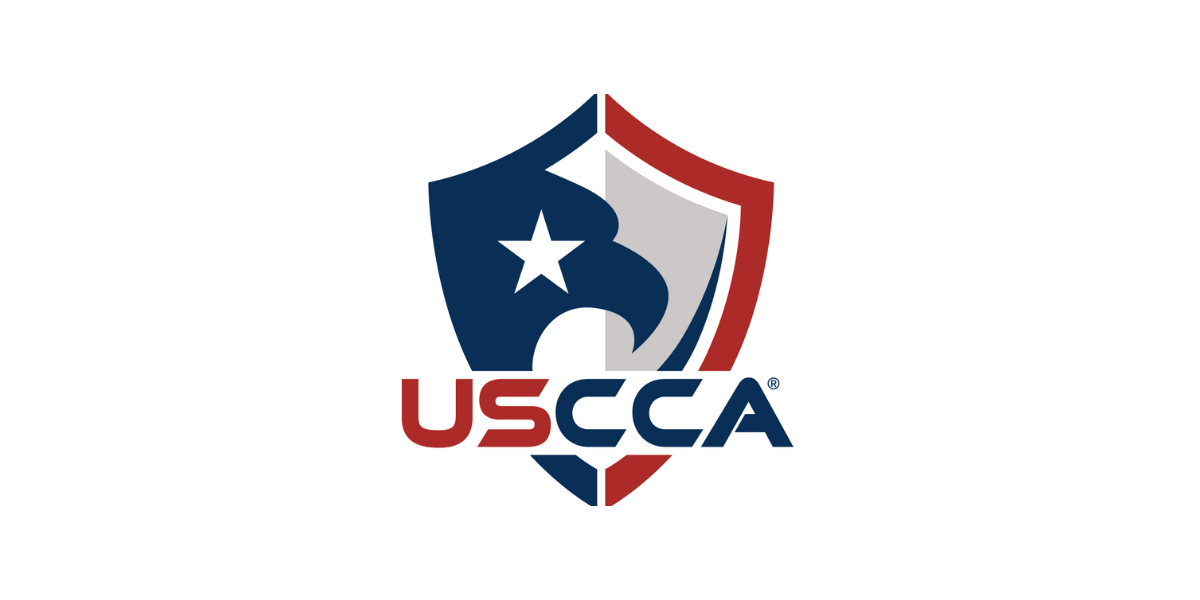
Employees in New York State should be aware that it is now state law that their employers—regardless of size—provide them with written sexual harassment policies.
As of October 9, 2018, employers are required by the state to provide employees with examples of prohibited conduct, a complaint form, investigation procedures and other model guidelines.
Implementation of the new sexual harassment guidelines followed a series of new laws passed by the New York State Legislature and signed by Governor Andrew Cuomo as part of the 2019 state budget, and drafted by New York State’s Department of Labor, in consultation with the Division of Human Rights.
According to the state’s model training materials published on October 1, 2018, sexual harassment training for all employees, including management, must be completed before October 9, 2019, and annually thereafter.
According to the New York State Model Sexual Harassment Policy, employers are required to ensure that their policy meets or exceeds the following minimum standards. The policy must:
- prohibit sexual harassment consistent with guidance issued by the Department of Labor in consultation with the Division of Human Rights.
- provide examples of prohibited conduct that would constitute unlawful sexual harassment.
- include information concerning the federal and state statutory provisions concerning sexual harassment, remedies available to victims of sexual harassment and a statement that there may be applicable local laws.
- include a complaint form.
- include a procedure for the timely and confidential investigation of complaints that ensures due process for all parties.
- inform employees of their rights of redress and all available forums for adjudicating sexual harassment complaints administratively and judicially.
- clearly state that sexual harassment is considered a form of employee misconduct and that sanctions will be enforced against individuals engaging in sexual harassment and against supervisory and managerial personnel who knowingly allow such behavior to continue.
- clearly state that retaliation against individuals who complain of sexual harassment or who testify or assist in any investigation or proceeding involving sexual harassment is unlawful.
The new law also requires, that, beginning in January 2019, all state contractors must submit an affirmation that they have a sexual harassment policy in place and that they have trained all of their employees.
As of July 11, 2018, the new law requires that nondisclosure agreements only be used when the condition of confidentiality is the explicit preference of the victim. Complainants are given 21 days to consider a nondisclosure agreement and a seven-day revocation period after signing.
Also effective July 11, 2018, mandatory arbitration for sexual harassment claims are prohibited, unless arbitration is included in a collective bargaining agreement. And, since April 12, 2018, non-employees, such as contractors, subcontractors, vendors, consultants or anyone providing services in the workplace, are protected from harassment at the location where they are working, according to the state’s policy.
New York City
The New York City Council passed its own package of 11 sexual harassment laws on April 11, 2018, many of which took effect as soon as Mayor Bill de Blasio signed them on May 9. New York City employers must distribute fact sheets to new hires as of September 6, 2018. And, beginning on April 1, 2019, New York City employers with 15 or more employees, including interns, will be required to conduct annual anti-sexual harassment training for all employees.
New York City’s new law also extends the statute of limitations for filing gender-based harassment claims that arise under the city’s Human Rights Law from one year to three years, no matter what size the company is.
Although the new city and state laws do not require companies to show proof of compliance or completion of employee training, they will still be held culpable in the event of sexual harassment claims in the workplace.
Employees with concerns about sexual harassment at work or who are considering filing a sexual harassment claim should contact a civil rights or employment law attorney.
Nicholas A. Devyatkin, Esq. is a labor and employment attorney at Tully Rinckey PLLC’s Manhattan office.






